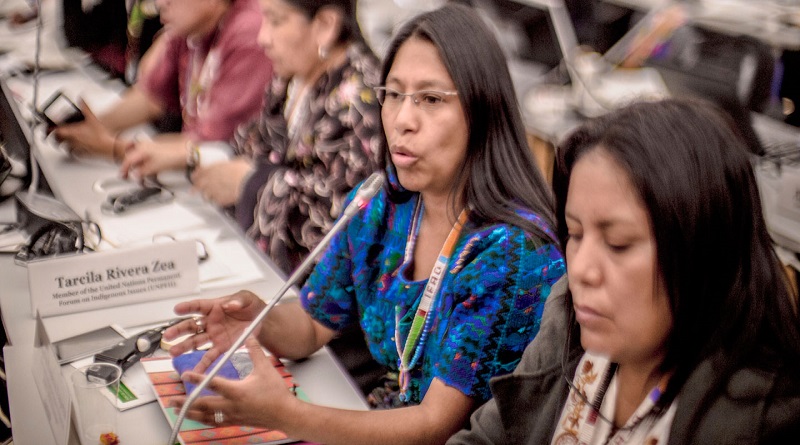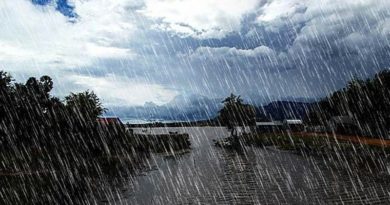International Day of Indigenous People: An opportunity to highlight their climate action
The annual International Day of the World’s Indigenous Peoples celebrated on Friday 9 August is an opportunity to highlight the role of indigenous peoples and local communities in tackling climate change.
With an estimated 370 million indigenous people in the world, they constitute less than five percent of the global population, but help safeguard 80 percent of the world’s biodiversity.
Indigenous peoples are disproportionately affected by climate change impacts because they rely on fragile ecosystems for their livelihoods, but they also hold many of the solutions to the climate crisis.
For example, traditional indigenous knowledge of the environment and weather patterns is passed down through many generations, and is crucial for monitoring and mitigating climate change impacts.
Indigenous peoples also have knowledge of diverse local crop varieties that can help increase resilience in the agricultural sector.
Despite this, indigenous peoples have historically been at the margins of formal international processes to address climate change.
The situation is changing – they have meanwhile gained the appropriate international recognition under the umbrella of the UN Framework Convention on Climate Change (UNFCCC).
This began with the establishment of the Local Communities and Indigenous Peoples Platform in 2015 at the United Nations Climate Change Conference in Paris, thereby giving indigenous peoples a voice alongside governments and enabling them to more effectively participate in the United Nations climate process.
A further milestone was reached at last year’s UN Climate Change Conference in Poland (COP24), with the creation of a working group to enhance the engagement of local communities and indigenous peoples in the UN climate process and integrate their considerations into climate change policy and action. The inaugural meeting of the new group was held during the UN Climate Change Conference in Bonn in June.
Together with representatives from governments, the private sector, academia and many other representatives from civil society, indigenous peoples will have the opportunity to share their knowledge and innovative practices to address climate change at the upcoming Latin America and Caribbean Climate Week (LACCW). Taking place in Salvador, Brazil, from 19 to 23 August, the LACCW 2019 is set to boost the region’s response to the current climate emergency. See here for information about LACCW.
And an Adaptation Knowledge Portal under the Nairobi work programme offers a wealth of resources on the use of indigenous traditional knowledge to promote climate adaptation and resilience.




